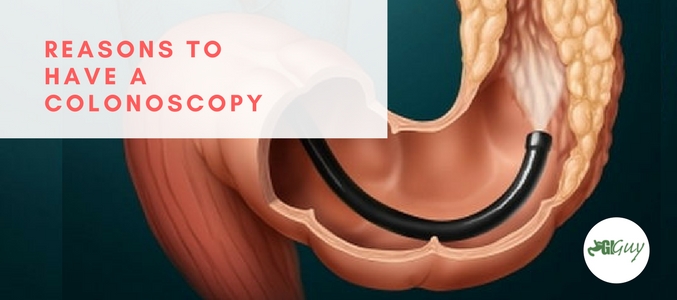
It was during the 1960s that the first design for colonoscope was developed at Tokyo University. In 1968, Dr. William Wolff and Dr. Hiromi Shinya pioneered the development of the colonoscope which would give a visual representation of the large intestine. Though at first, the safety and efficiency of a colonoscopy were questioned, several successful tests proved its validity to the world.
In 1982, 100 consecutive colonoscopies were performed by Dr. Lawrence Kaplan, further demonstrating the safety and cost-effectiveness of the procedure. With technological advancement, the equipment used for colonoscopy has improved significantly. The complications related to the procedure have reduced significantly and the procedure is used to determine deep underlying diseases.
Different kind of diseases can be diagnosed using colonoscopy. Some of it can be fatal as well, for instance, colon cancer. According to the data of American Cancer Society, an estimation of over 95,000 cases of colon cancer was diagnosed in 2016. In fact, colon cancer is the second most common form of cancer to affect people with an average of 49, 000 deaths per year in the USA alone.
It is extremely difficult to detect colon cancer as such. Polyps are usually identified as the first step to colon cancer. If it is removed early on, then the chances of being terminally ill can be avoided. Doctors performing dunn colonoscopy doctor point out that following the symptoms closely and timely treatment can prevent colon cancer. About 74% of people suppress their discomfort and don’t seek treatment on time. Whatever the reason, any sort of gastrointestinal discomforts should not be avoided in order to prevent fatal diseases from affecting.
A colonoscopy examines the lower half of the digestive system, mainly the large intestine. As mentioned, it is performed to identify the diseases lying underneath. Apart from colon cancer, colonoscopy can be used to detect the following as well.
Each of these diseases has peculiar symptoms. The procedure takes a minimum of 45 minutes to 3 hours for the more complicated ones. Most of the procedures are performed normally; however, the doctor might opt for anesthesia when several other procedures are to be combined.
So don’t delay getting yourself checked if you are undergoing gastrointestinal issues. rectal bleeding, changes in the stool appearance, suddenly developing eating disorders, chronic diarrhea and chronic abdominal pain are common symptoms of underlying issues in the colon. Visit a trustworthy digestive doctor in Fuquay Varina doctor, Dr. Kurt Vernon and seek treatment today.
AUDIO VERSION:
Testing for colon cancer just got easier. If you don’t already know, Cologuard is a new competing technology for colon cancer screening that is simple and ease of use. It involves no prep, no sedation, and most importantly, its effective. What exactly is Cologuard? Cologuard is a cancer detection test. Specifically, it tests for genetic Read More…
The practice of Kurt Vernon, MD, The GI Guy, is proud to announce that we have received a ‘Tier 1 Designation”, a high quality recognition from one of the nation’s largest health insurers – Blue Cross Blue Shield of NC. BCBSNC Tiered Network utilizes administrative claims data to identify high quality, low cost providers and Read More…